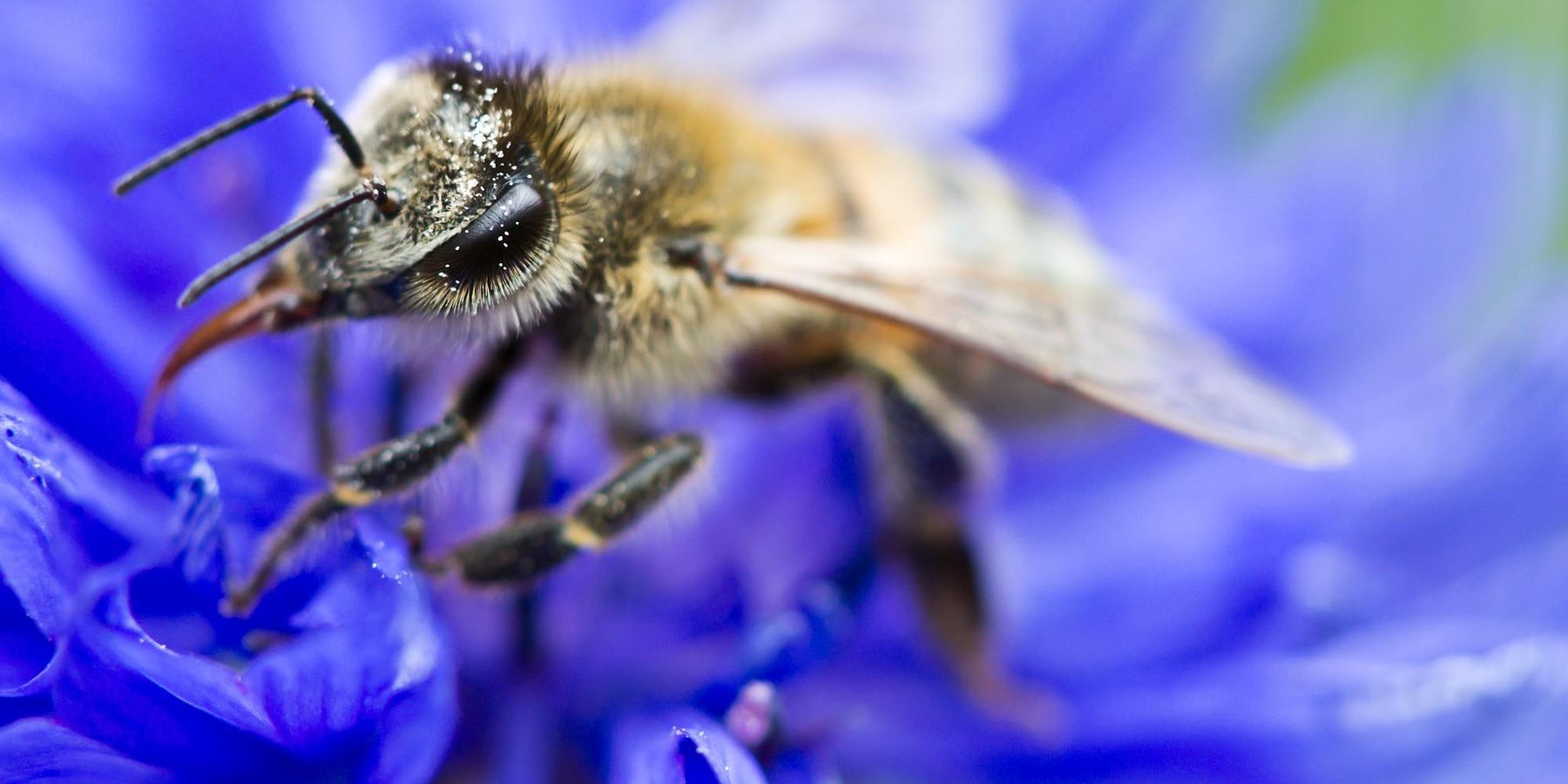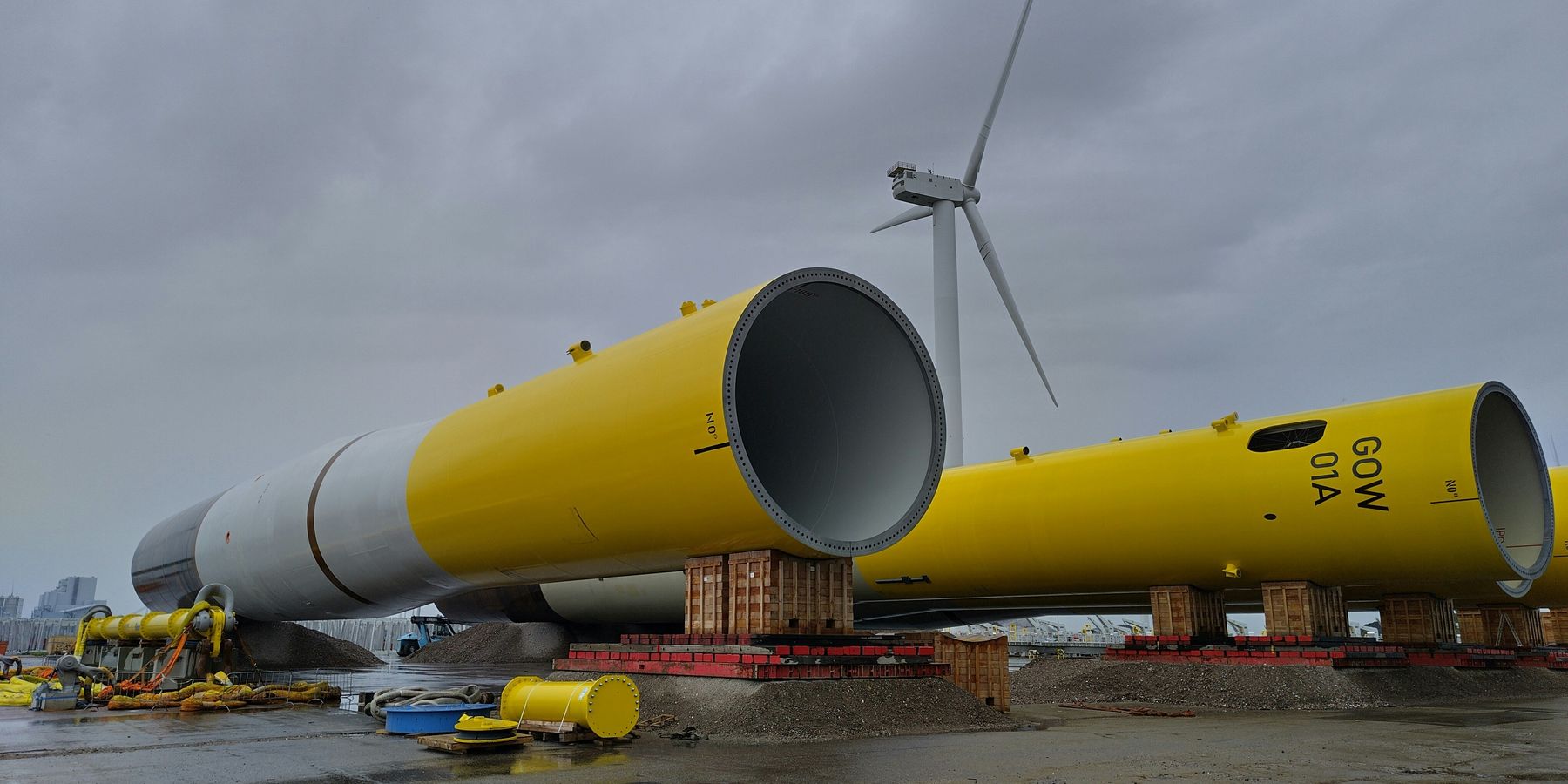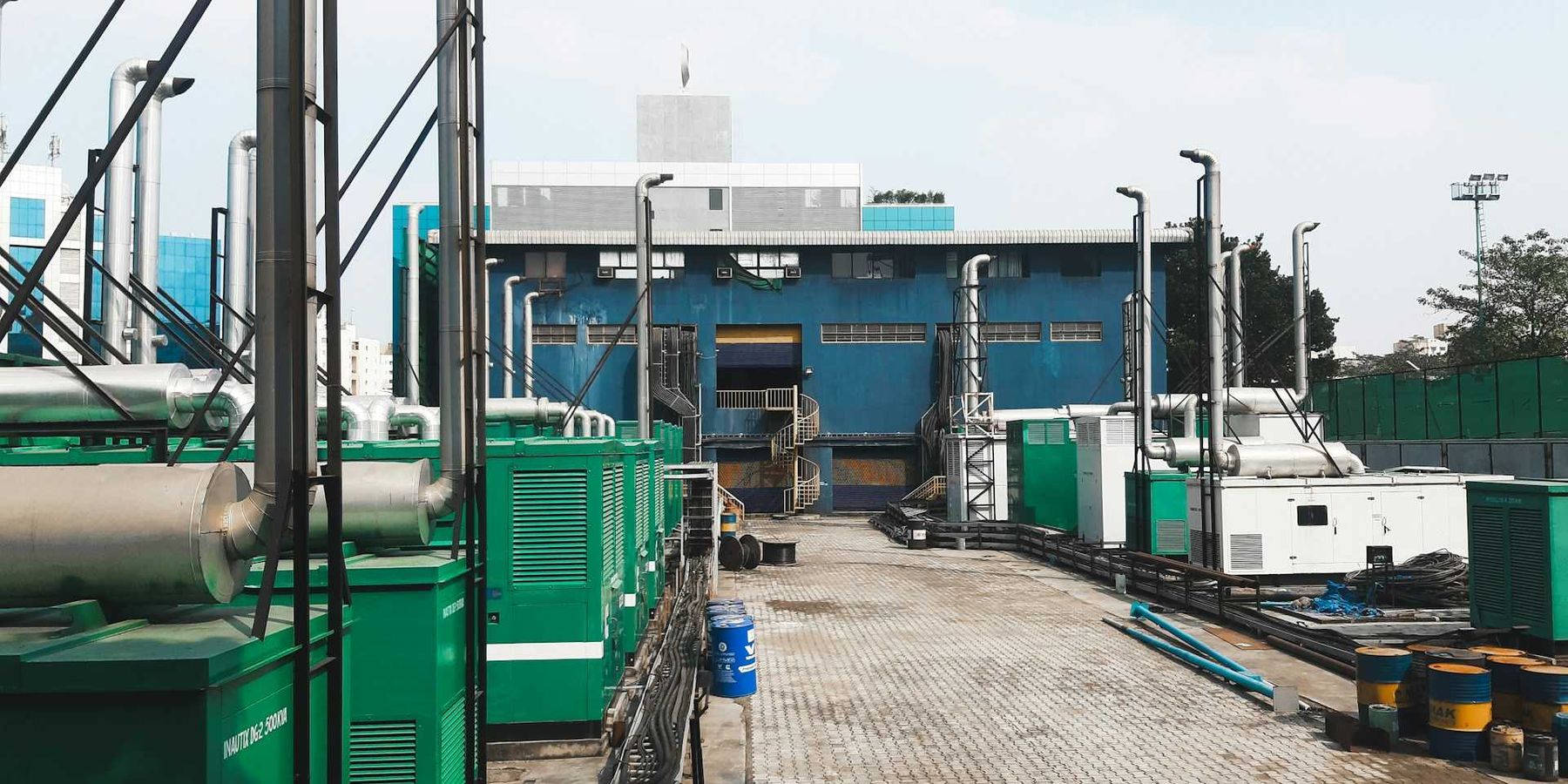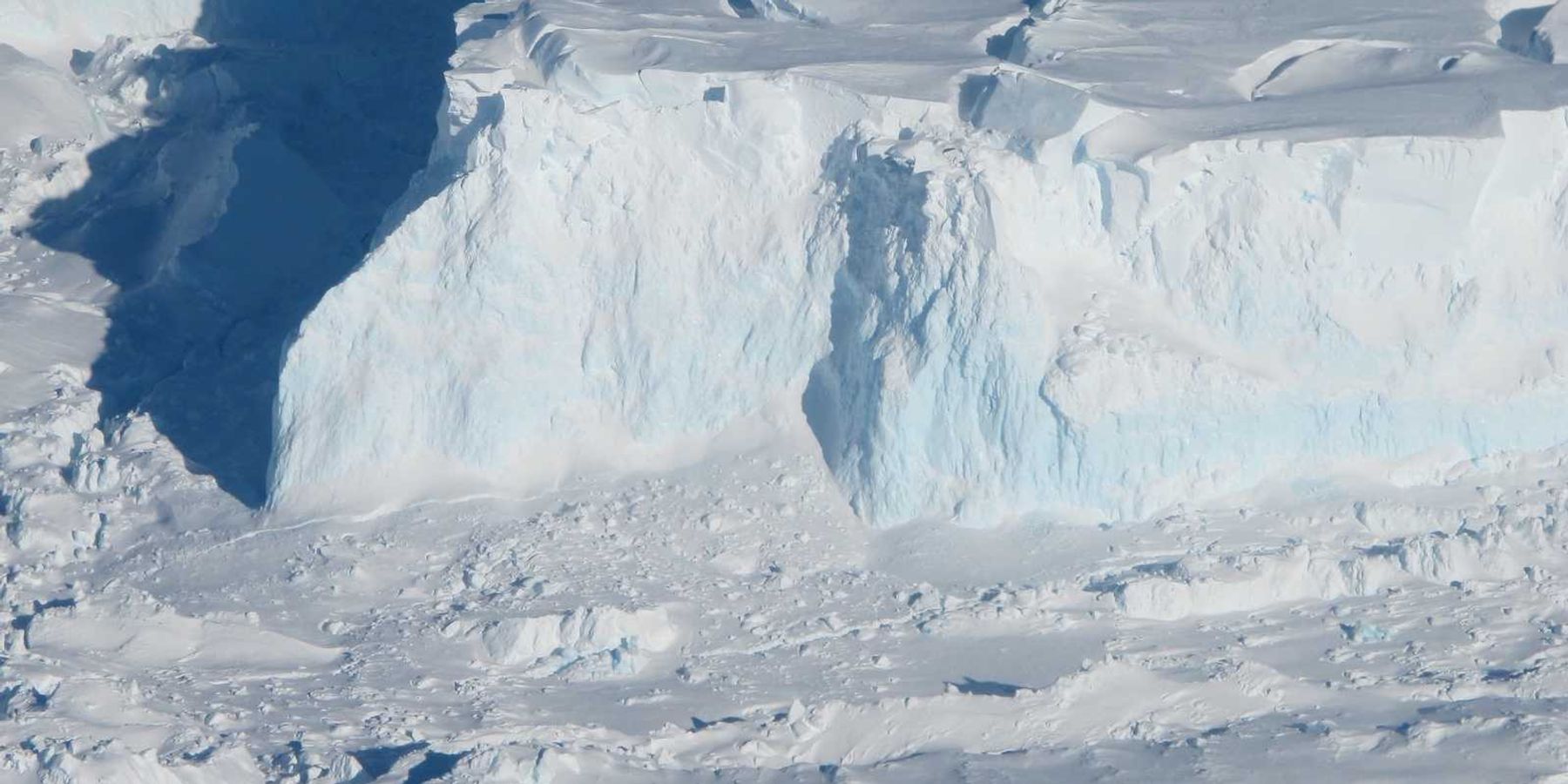
Silent Earth: Averting the insect apocalypse
As insects become more scarce, our world will slowly grind to a halt, for it cannot function without them.
There is no doubt that insects are in decline: every year there are slightly fewer butterflies, fewer bumblebees—fewer of almost all the myriad little beasts that make the world go round.
Estimates vary and are imprecise, but it seems likely that insects have declined in abundance by 75% or more in the last 50 years. The scientific evidence for this grows stronger every year, as studies are published describing the collapse of monarch butterfly populations in North America, the demise of woodland and grassland insects in Germany, or the seemingly inexorable contraction of the ranges of bumblebees and hoverflies in the UK.
In 1963, two years before I was born, Rachel Carson warned us in her book Silent Spring that we were doing terrible damage to our planet. She would weep to see how much worse it has become. Insect-rich wildlife habitats such as hay meadows, marshes, heathland and tropical rainforests have been bulldozed, burnt or ploughed to destruction on a vast scale. The problems with pesticides and fertilizers she highlighted have become far more acute, with an estimated three million tons of pesticides now going into the global environment every year.
Some of these new pesticides are thousands of times more toxic to insects than any that existed in Carson's day. Soils have been degraded, rivers choked with silt and polluted with chemicals. Climate change, a phenomenon unrecognized in her time, is now threatening to further ravage our planet. These changes have all happened in our lifetime, on our watch, and they continue to accelerate.
Few people seem to realize how devastating this is, not only for human well-being—we need insects to pollinate our crops, recycle dung, leaves and corpses, keep the soil healthy, control pests, and much more—but for larger animals such as birds, fish, and frogs who rely on insects for food. Wildflowers rely on them for pollination.
As insects become more scarce, our world will slowly grind to a halt, for it cannot function without them.
Insects are vital to ecosystems
The American biologist Paul Ehrlich likened loss of species from an ecological community to randomly popping out rivets from the wing of an aeroplane. Remove one or two and the plane will probably be fine. Remove 10, or 20, or 50, and at some point that we are entirely unable to predict, there will be a catastrophic failure, and the plane will fall from the sky. Insects are the rivets that keep ecosystems functioning.
Halting and reversing insect declines, or indeed tackling any of the other major environmental threats we face, requires action at many levels, from the general public to farmers, food retailers and other businesses, local authorities and policy makers in government. Here in Britain, recent elections and the Brexit debate have seen precious little serious discussion of the environment, despite the compelling evidence that many of the biggest challenges facing humanity in the twenty-first century relate to our unsustainable over-exploitation of our planet's finite resources.
To save them, we need to act, and act now. We can do this in several ways, some simple, others harder to achieve. Firstly, we need to engender a society that values the natural world, both for what it does for us and for its own sake. The obvious place to start is with our children, encouraging environmental awareness from an early age. We also need to green our urban areas. Imagine green cities filled with trees, vegetable gardens, ponds and wild flowers squeezed into every available space—in our gardens, city parks, allotments, cemeteries, on road verges, railway cuttings and roundabouts—and all free from pesticides.
We must transform our food system. Growing and transporting food so that we all have something to eat is the most fundamental of human activities. The way we do it has profound impacts on our own welfare, and on the environment, so it is surely worth investing in getting it right. There is an urgent need to overhaul the current system, which is failing us in multiple ways.
There is abundant evidence that smaller farms can be more productive and sustainable, but the current economic model and subsidy systems are driving them out of business. "Alternative" farming systems such as organic, permaculture, agroforestry, and biodynamic farming all seem to have much to offer, but receive precious little encouragement. In Bavaria, concern over insect declines led 1.7 million people to sign a petition demanding action, and this led to a suit of measures to make farming more wildlife friendly, including financial incentives to reach a target of 30% organic land. There is an appetite for change.
We could have a vibrant farming sector, employing many more people, focused on sustainable production of healthy food, looking after soil health and supporting biodiversity, and focussed mainly on fruit and veg rather than meat, but this needs support from both policy makers and consumers.
Our planet has coped remarkably well so far with the blizzard of changes we have wrought, but we would be foolish to assume that it will continue to do so. A relatively small proportion of species have actually gone extinct so far, but almost all wild species now exist in numbers that are a fraction of their former abundance, subsisting in degraded and fragmented habitats and subjected to a multitude of ever-changing man-made problems.
We do not understand anywhere near enough to be able to predict how much resilience is left in our depleted ecosystems, or how close we are to tipping points beyond which collapse becomes inevitable.
In Paul Ehrlich's 'rivets on a plane' analogy, we may be close to the point where the wing falls off.
Dave Goulson is Professor of Biology at University of Sussex, UK, specializing in bee ecology. He has published more than 300 scientific articles plus seven books, including the Sunday Times bestsellers A Sting in the Tale (2013), the Garden Jungle (2019), and Silent Earth (2021).
This is a modified extract from Silent Earth: Averting the Insect Apocalypse, published September 2021 by HarperCollins.
Banner photo credit: Pimthida/flickr













